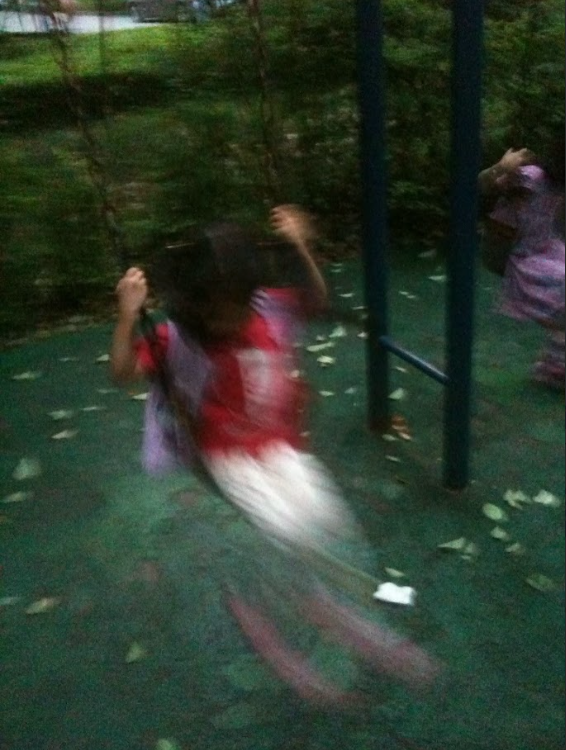As the school year comes to a close and students take their final standardized tests of the year, MVHS updates its school profile with the final breakdown of scores – a whopping 43% of students scored at least one 5 on an AP exam. However, this academic victory for the school masks a different reality for many students, who experienced a loss in their mental well-being.
MVHS was recently ranked 105th nationwide and 13th in California by the 2023 U.S. News & World Report. The ranking, based on academic performance, comprises six components. This statistic-based approach to characterizing each school uses data derived from the various standardized tests students take such as AP exams, SAT, ACT and CAASPP. These statistics may seem straightforward, however, it’s important to recognize the deeper meaning behind these numbers and, in turn, why they shouldn’t define students and their respective schools.
While MVHS falls into the top 0.006% of schools across the U.S., basing the rating solely on academic factors isn’t doing schools that have lower socioeconomic status justice. Here in Cupertino, we are privileged — the median household income was $199,778 in 2021, compared to the national median household income, which was $70,784. Many of us have access to tutors and college counselors, giving us an academic advantage over those who don’t have access to the same resources.
Additionally, studies have shown a strong association between better academics, higher test scores and higher socioeconomic status. In a 2013 paper titled “Race, Poverty and SAT Scores,” researchers from the University of Pennsylvania and the University of Southern California found that more affluent students earned higher SAT scores in comparison to their low-income peers.
Rather than truly reflecting our school’s performance, these data-driven rankings detract from the big picture — whether our school is a positive learning community.
When wealthier students are able to achieve better test scores because of the tangibility of better opportunities and high schools are ranked purely based on these academic aspects, such rankings are no longer an indication of the overall school being “good” or “bad.” Instead, it’s simply a reflection of which schools have students who have more financial support and fewer barriers to learning. Rather than truly reflecting our school’s performance, these data-driven rankings detract from the big picture — whether our school is a positive learning community.
Now, this doesn’t mean students shouldn’t take advantage of the resources they have at hand or discredit any of the time and effort they put into studying. In fact, a majority of MVHS students strive for success in many aspects of our high school experiences, including academics, extracurriculars and community-building. We try to achieve better than our best. But the quality of our education itself — it’s hard to measure without accounting for extraneous factors.
The quality of our school goes beyond the ranking it holds and shouldn’t be a determining factor for whether our school is “good” or not. Instead, we should look at how MVHS aims to support not only our academic environment but also student wellness and mental health, as both intellectual and social-emotional learning are crucial to shaping us as students — and ultimately, people.
We already see MVHS taking strides toward this goal. In the areas of wellness, there has been the development of the Social Emotional Learning and Equity Task Force (SEEC), the implementation of the Wellness room and an increased emphasis on equitable grading practices to help address and mitigate these issues.
With our community already stepping forward to make a difference, we can strive to implement more changes such as encouraging greater communication among parents, students and teachers, and introducing more practical methods of stress-relief. To truly live up to its reputation of being “good,” we need to continue building a school community where academic achievement is valued in equal measure to student, staff and parent well-being.













